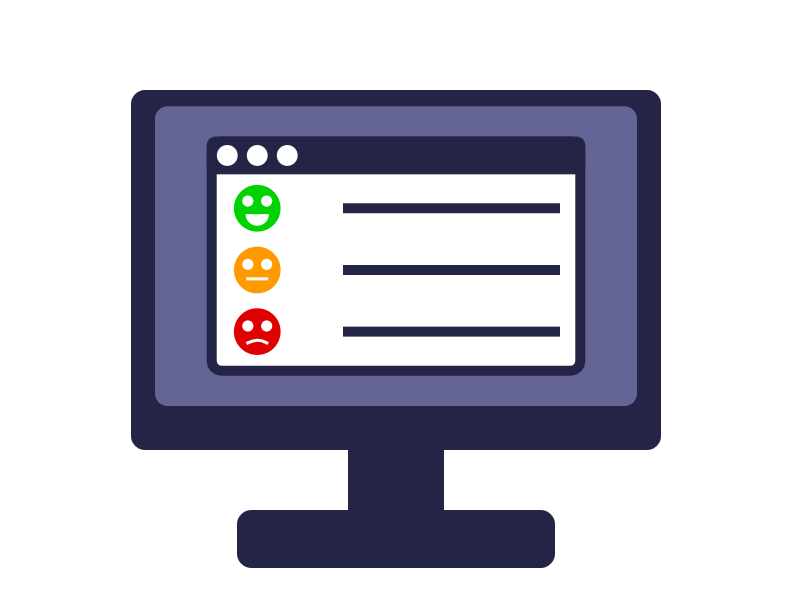NC State recently administered its Campus Climate Survey, run through the Office for Institutional Equity and Diversity, aiming to solicit student feedback on the university’s social atmosphere.
Results for the survey are projected for release in spring 2020. Students first took the Campus Climate Survey in 2004, and it has since been re-administered every five years.
Interim Vice Provost for Institutional Equity and Diversity Sheri Schwab said the information gathered from the survey over time is highly important.
“The goal is for us to continuously seek input from students directly so that we can work to have programs and resources that improve our culture here at NC State,” Schwab said.
Student feedback is not only the primary goal of the survey, but was also a major factor in the content of the questionnaire itself. Nancy Whelchel, director for survey research for the Office of Institutional Research and Planning, recalled the various elements of the questionnaire creation process.
“The first time we developed the questionnaire, we did a lot of research, literature reviews, looked at other similar surveys for students, and had lots of input from different offices and student groups across campus,” Whelchel said.
The survey’s questions focus on many areas involving campus diversity, and in some cases have shown an increased desire of services provided to students.
“I think that one thing we’ve done is kept track of things like the GLBT Center, noting that over time that was a population for which more services were desired,” Schwab said. “By having the survey, we were able to point to that as something that the campus wanted.”
Since the survey’s conception, the questions have remained relatively unchanged from their original version, according to Whelchel.
“Most of the questions are very similar [to those administered in 2004],” Whelchel said. “We do that purposefully, so we can get trend data. But, when we realize that questions aren’t working right, and not really getting us the information we need, we’ll make a change.”
Whelchel said one of the most significant changes to the survey since it began is the inclusion of more questions surrounding sexual assault on campus, an area featured more heavily on this year’s questionnaire.
“That was an area we needed to collect more information about, so that was the biggest change,” Whelchel said.
Schwab echoed Whelchel, citing more focus on sexual misconduct, as well as perception of services offered as a result of the survey.
“We added a few more questions based on some feedback we’re trying to get around our services and peoples’ perceptions of our services,” Schwab said. “Specifically, for things related to Title IX.”
Sara Luber, a first-year studying political science, is a first-year senator for student government. She planned on taking the survey and felt particularly inclined to provide student feedback due to her student government position.
“We were all supposed to take it as students, but then student government was like, ‘You have to represent the people, so you should help that by representing yourself first,’” Luber said.
Overall, Luber was pleased with the survey.
“I think that the campus climate survey was very good,” Luber said. “I think it was good that it was able to advocate for the students about what they thought about the campus.”








